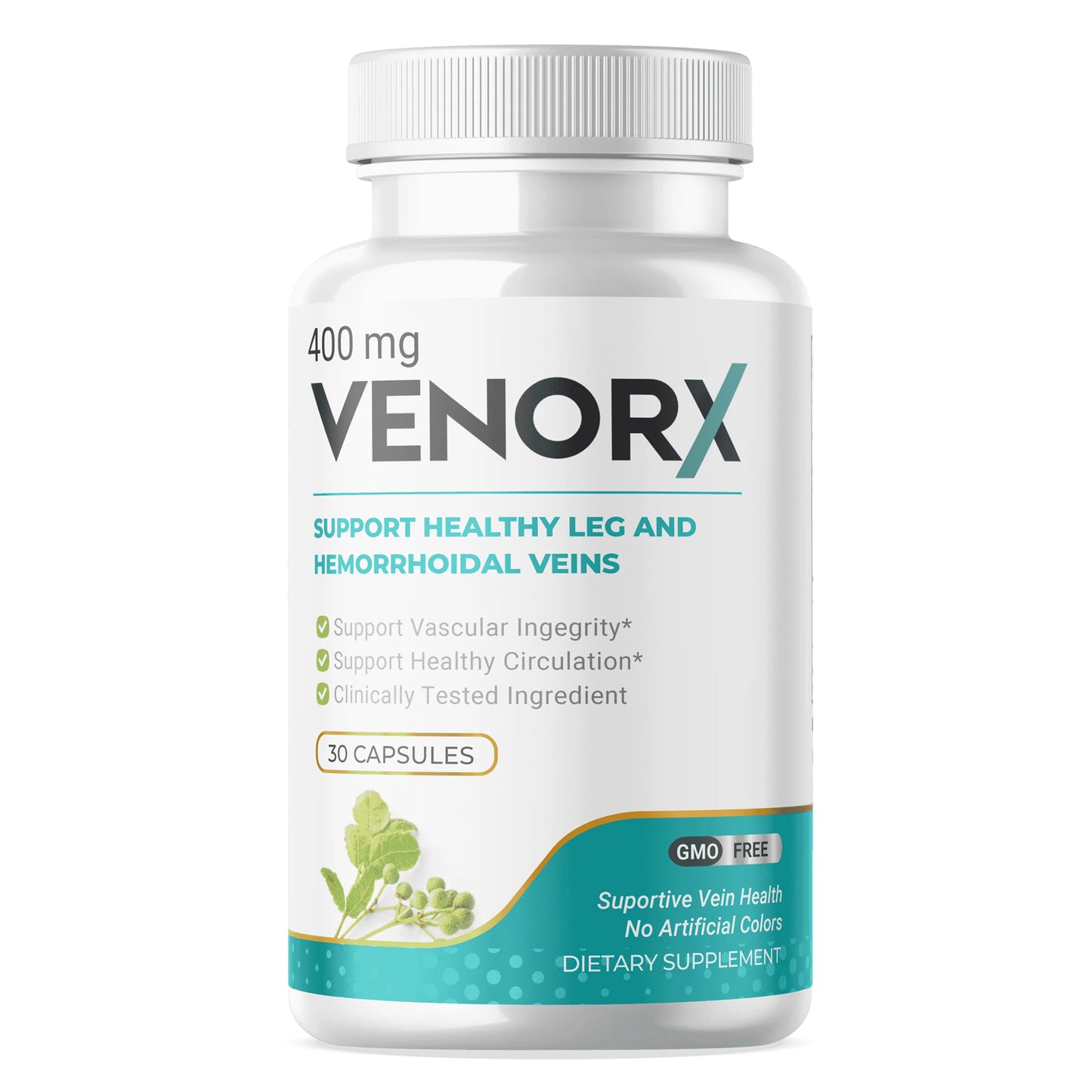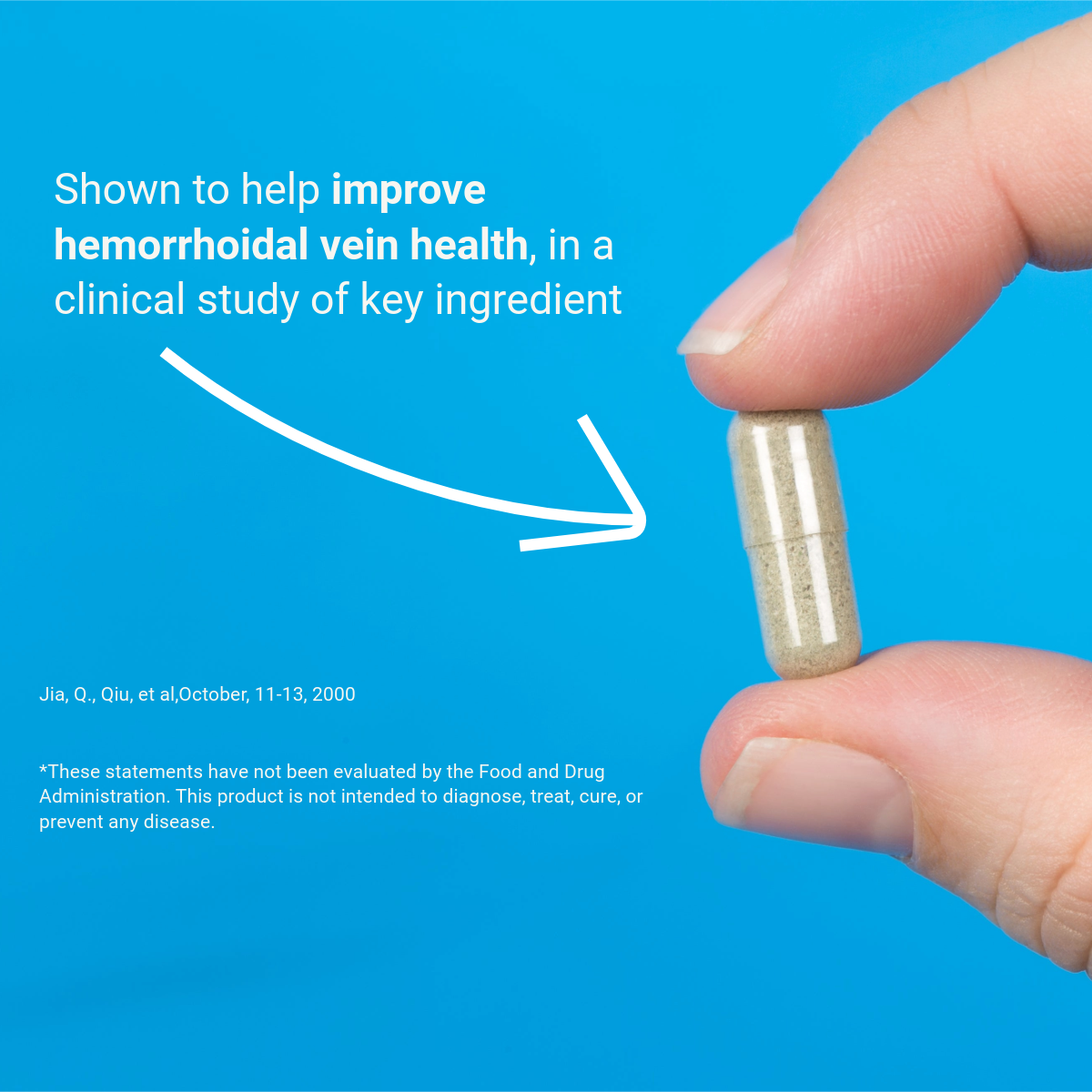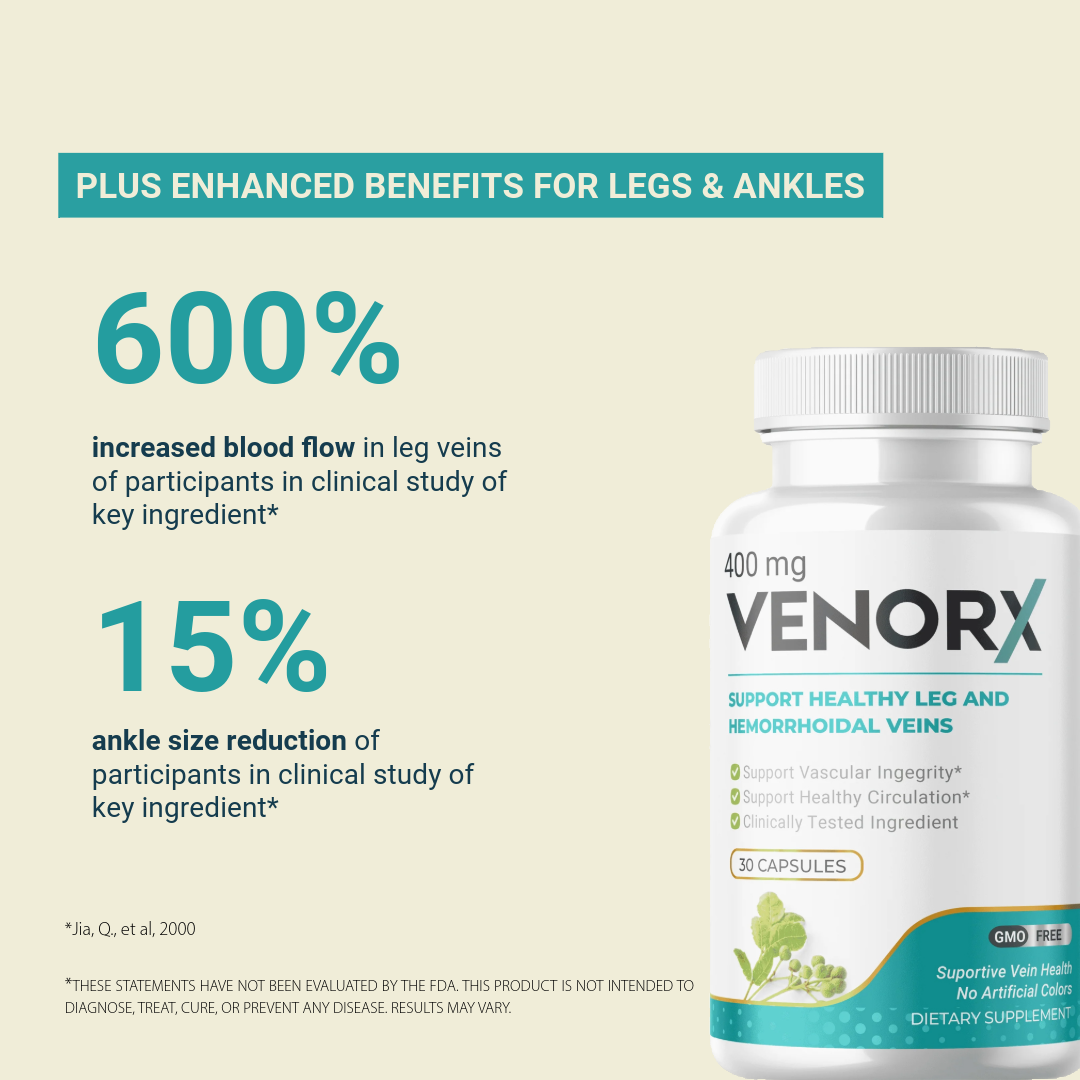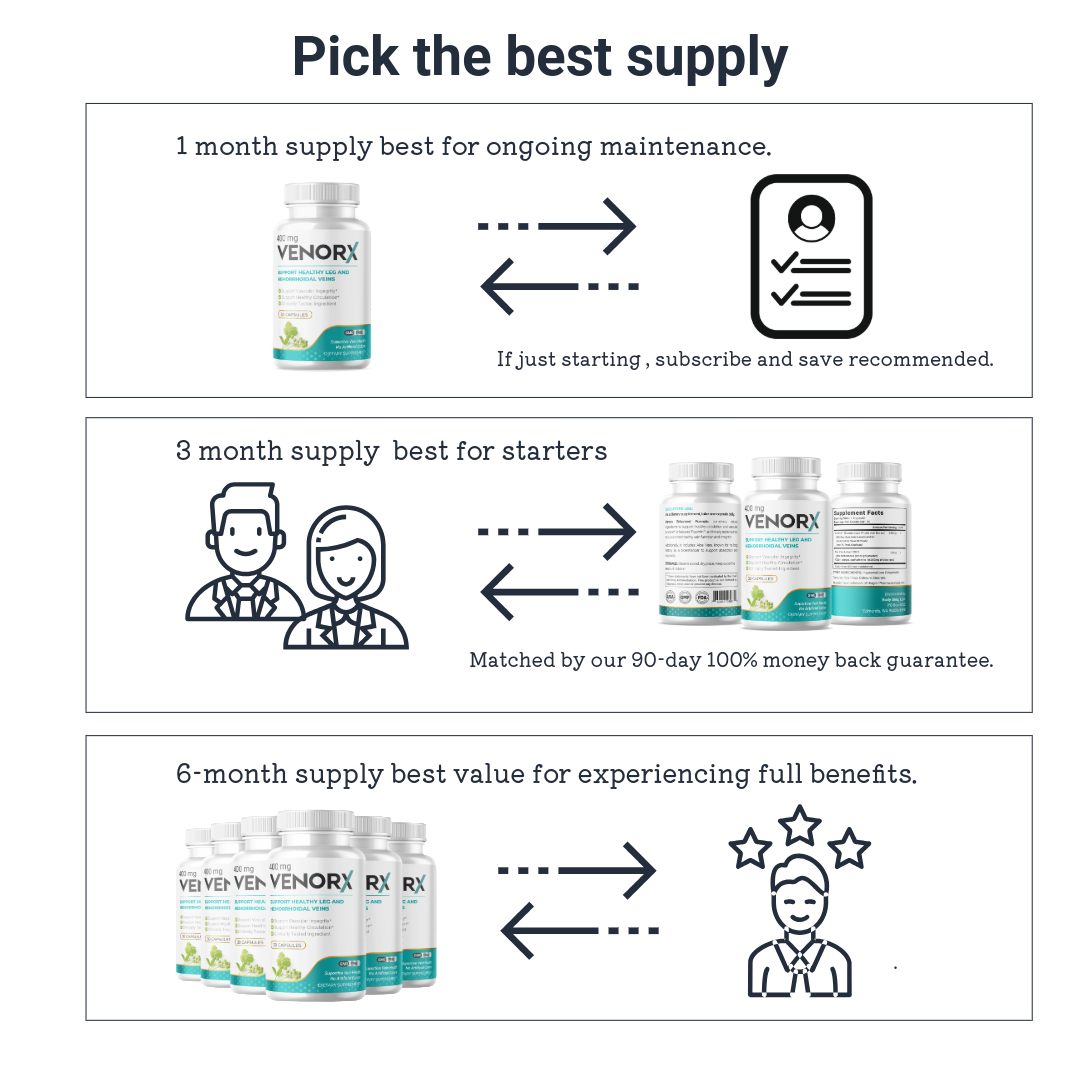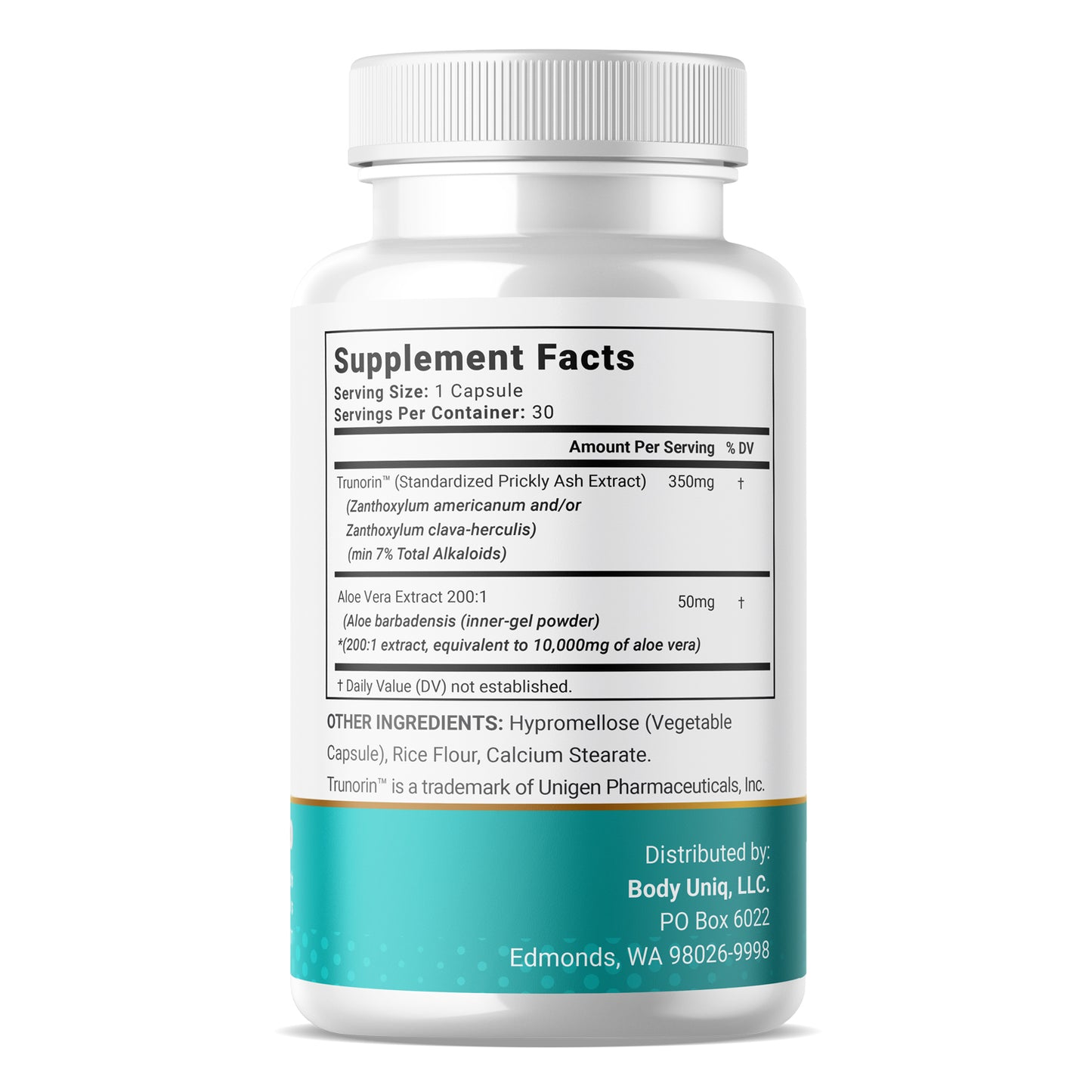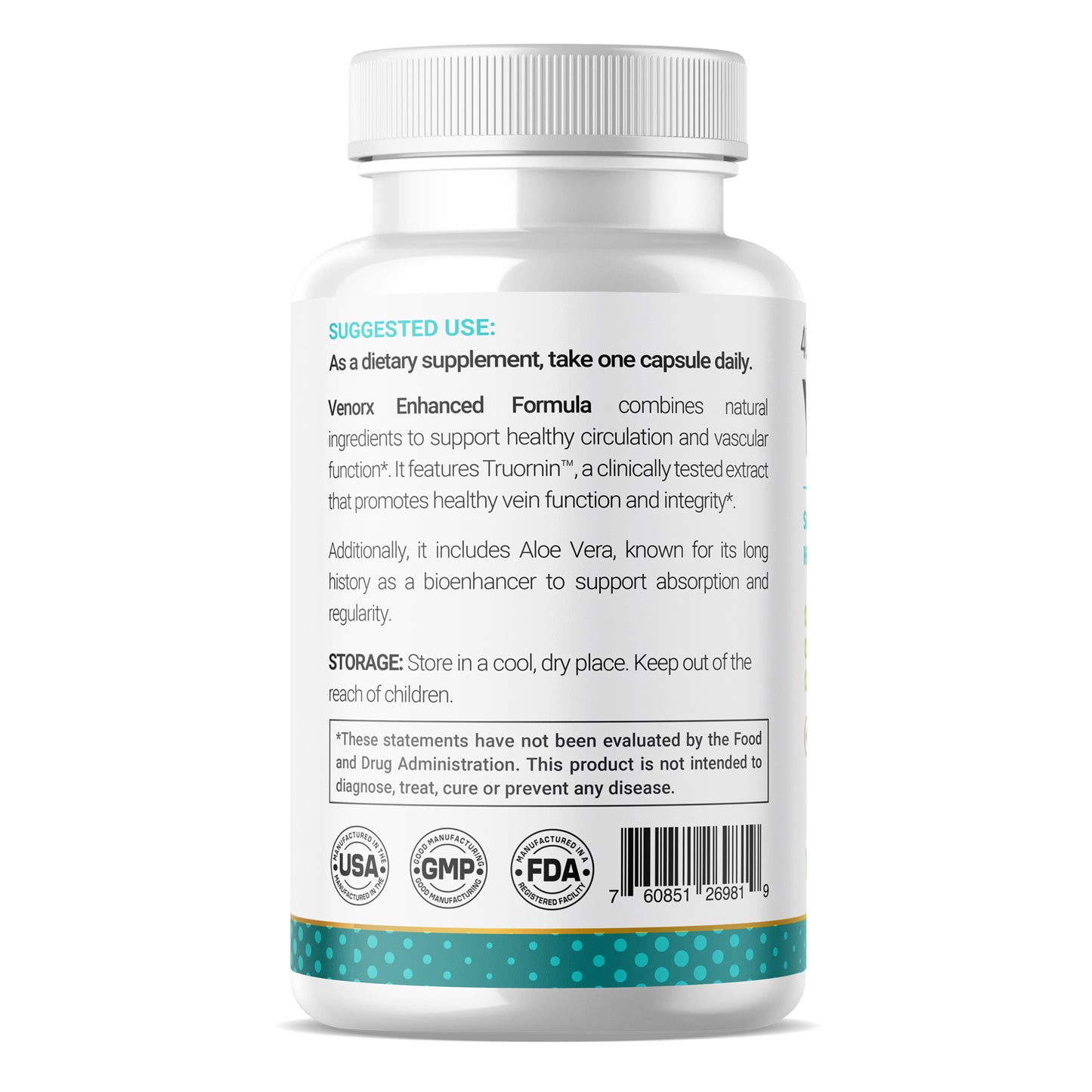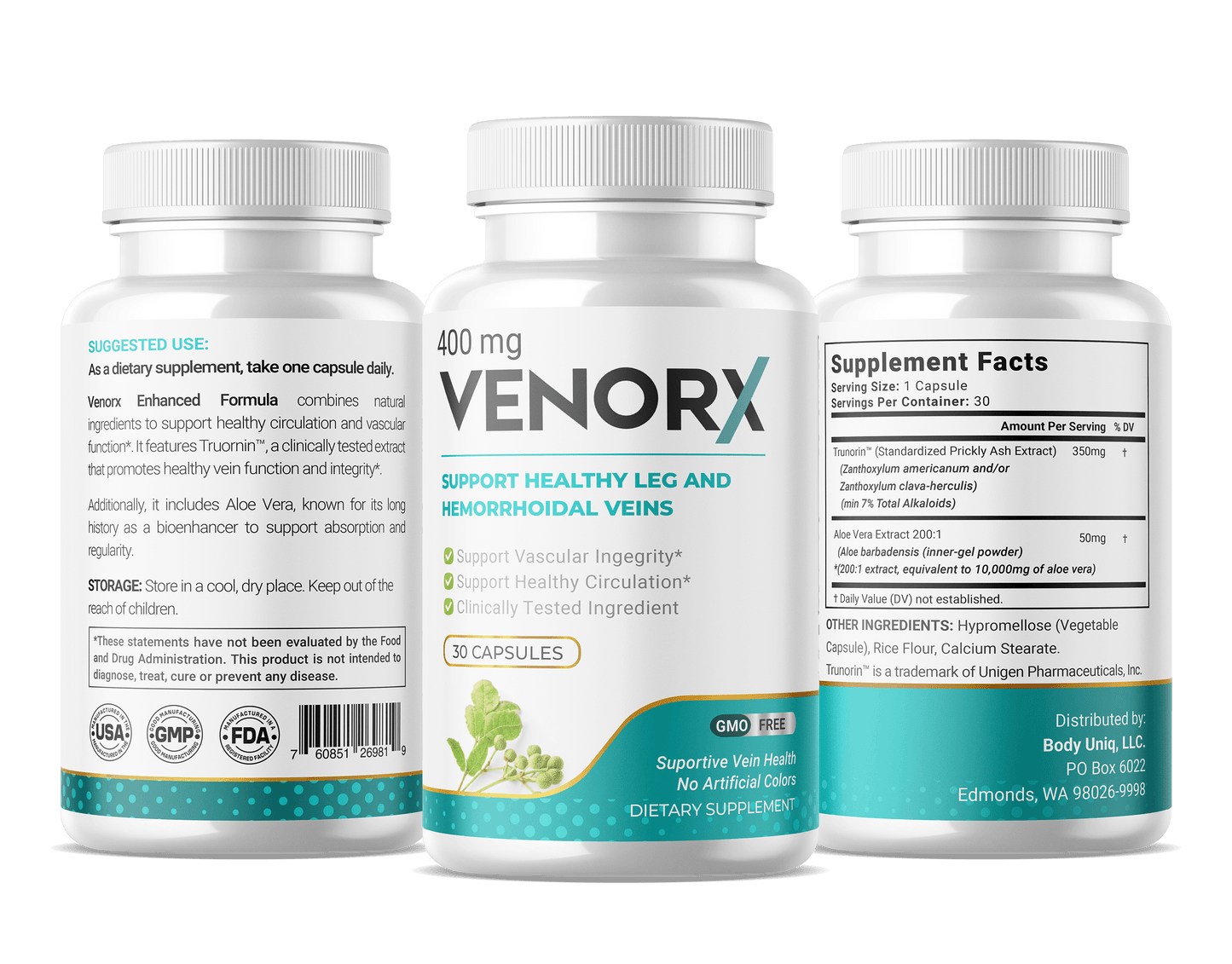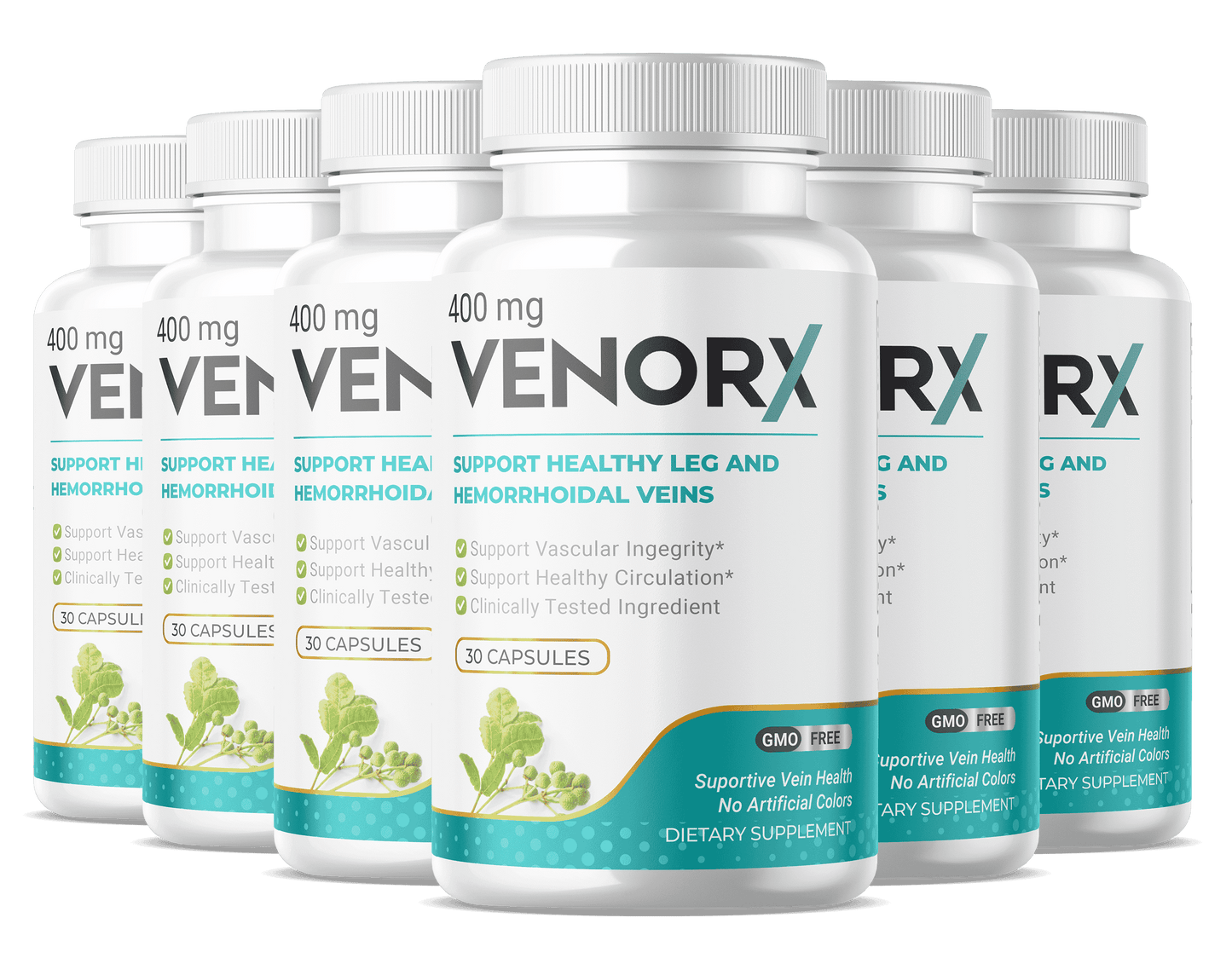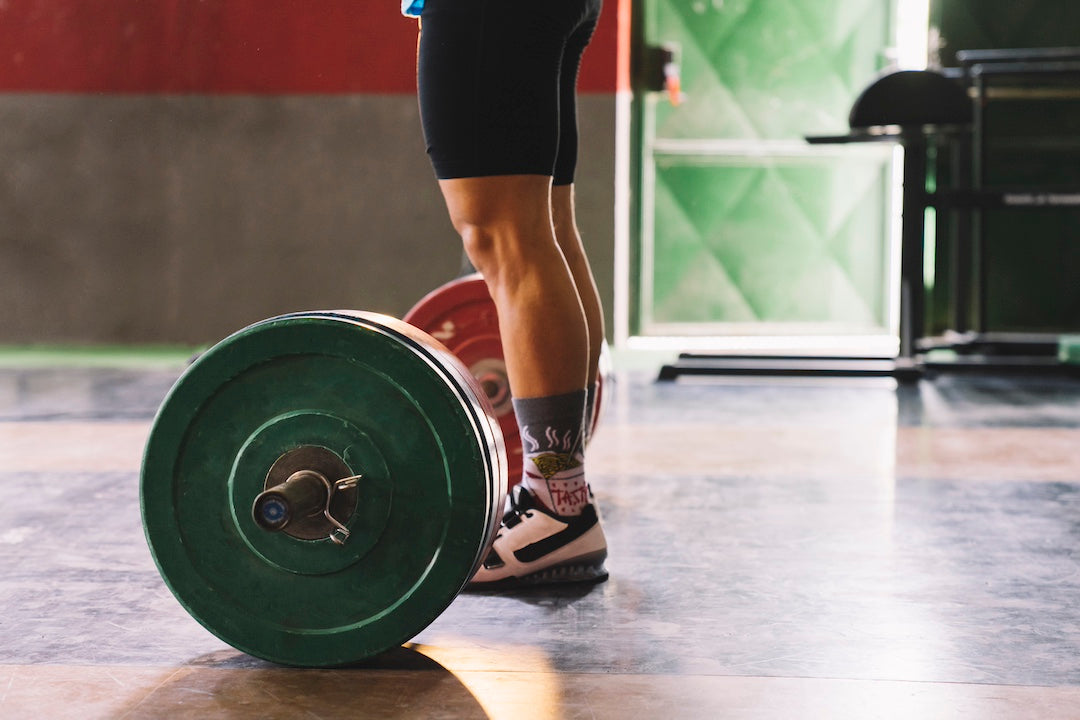
Weightlifting and Hemorrhoid Health: How to Lift Heavy Without the Strain
Share
Weightlifting and Hemorrhoidal Vein Health: How to Lift Heavy Without the Strain
For serious lifters, hemorrhoidal health can be an unexpected workout limitation. This guide reveals how to protect your vascular health while pursuing PRs—with expert-approved techniques and circulation-supporting strategies.
Why Weightlifters Are at Risk
According to a NIH study, 22-38% of strength athletes need support in the hemorrhoidal plexus due to:
- Valsalva maneuver: Breath-holding during lifts spikes abdominal pressure (up to 300 mmHg during max efforts)
- Heavy belt use: Can restrict venous return from the pelvis
- Low-fiber diets: Common in bulking phases
4 Science-Backed Solutions
1. Master Your Breathing
The National Strength and Conditioning Association recommends:
- Exhale during concentric phase (lift)
- Use "hissing" exhales for sustained efforts
- Limit max-effort holds to <3 seconds
2. Optimize Your Belt Use
Research from the Journal of Strength and Conditioning shows:
- Wear belts only >85% 1RM attempts
- Loosen between sets
- Position above pelvic crest
3. Support Circulation
Some lifters incorporate clinically studied ingredients like those in Venorx to maintain healthy blood flow and hemorrhoidal plexus during training cycles.
4. Post-Workout Recovery
The American College of Sports Medicine suggests:
- Post-session inversion (legs-up position)
- Hydration with electrolytes
- Foam rolling hip flexors
"After adjusting my breathing and adding Venorx to my supplement routine, I hit a 10lb PR without the usual discomfort."
When to See a Specialist
Per colorectal surgeons, seek medical advice if you experience:
- Bleeding during/after lifts
- Prolapsed veins
- Pain persisting >3 days
Lift Smarter, Not Harder
Discover how Venorx's formula supports athletes' circulation needs with clinically studied ingredients.
→ Read: Pre-Workout Nutrition for LiftersDisclaimer: This content is for informational purposes only and is not intended as medical advice. These statements have not been evaluated by the FDA. Consult your healthcare provider before beginning any supplement regimen.


